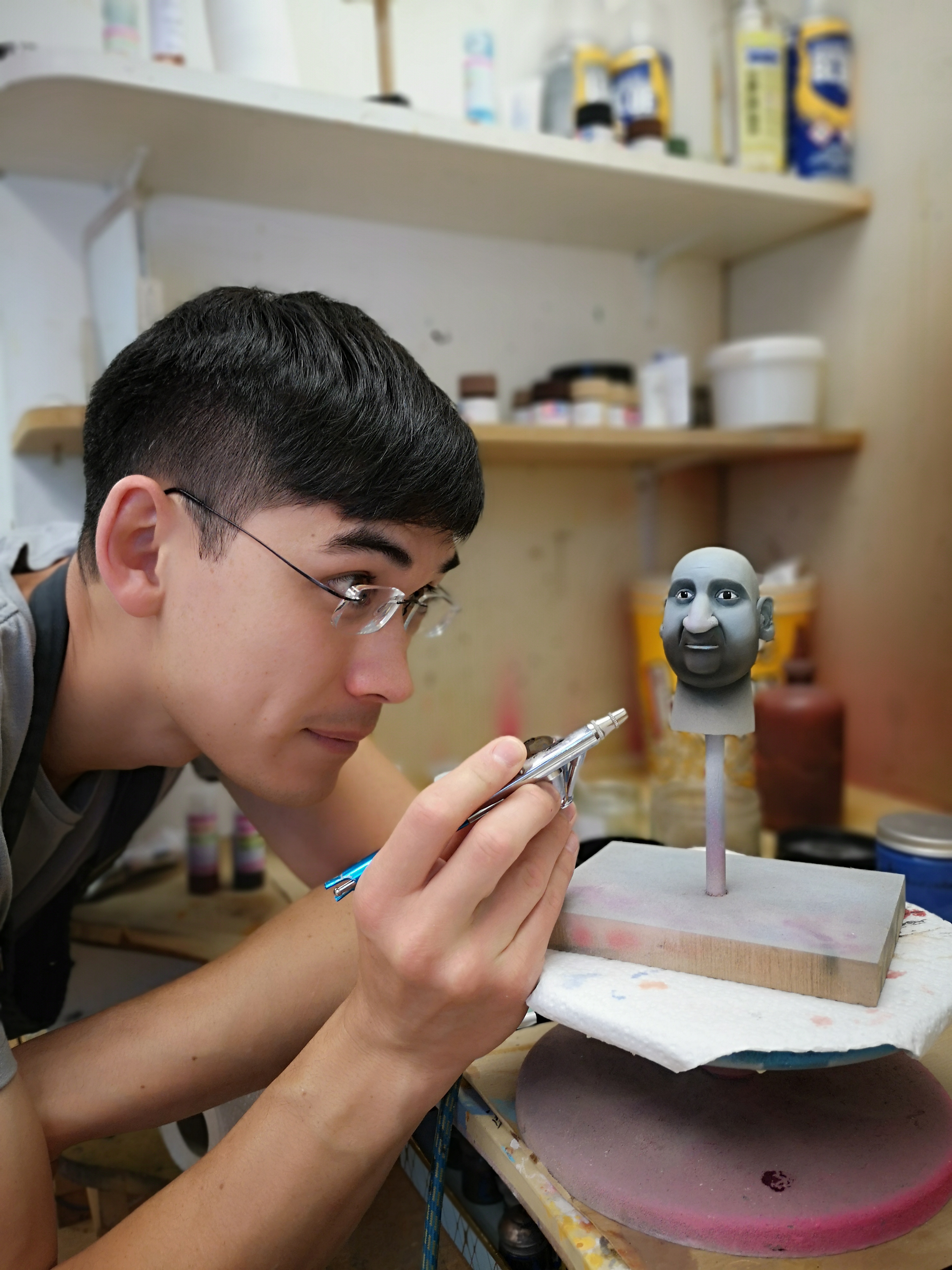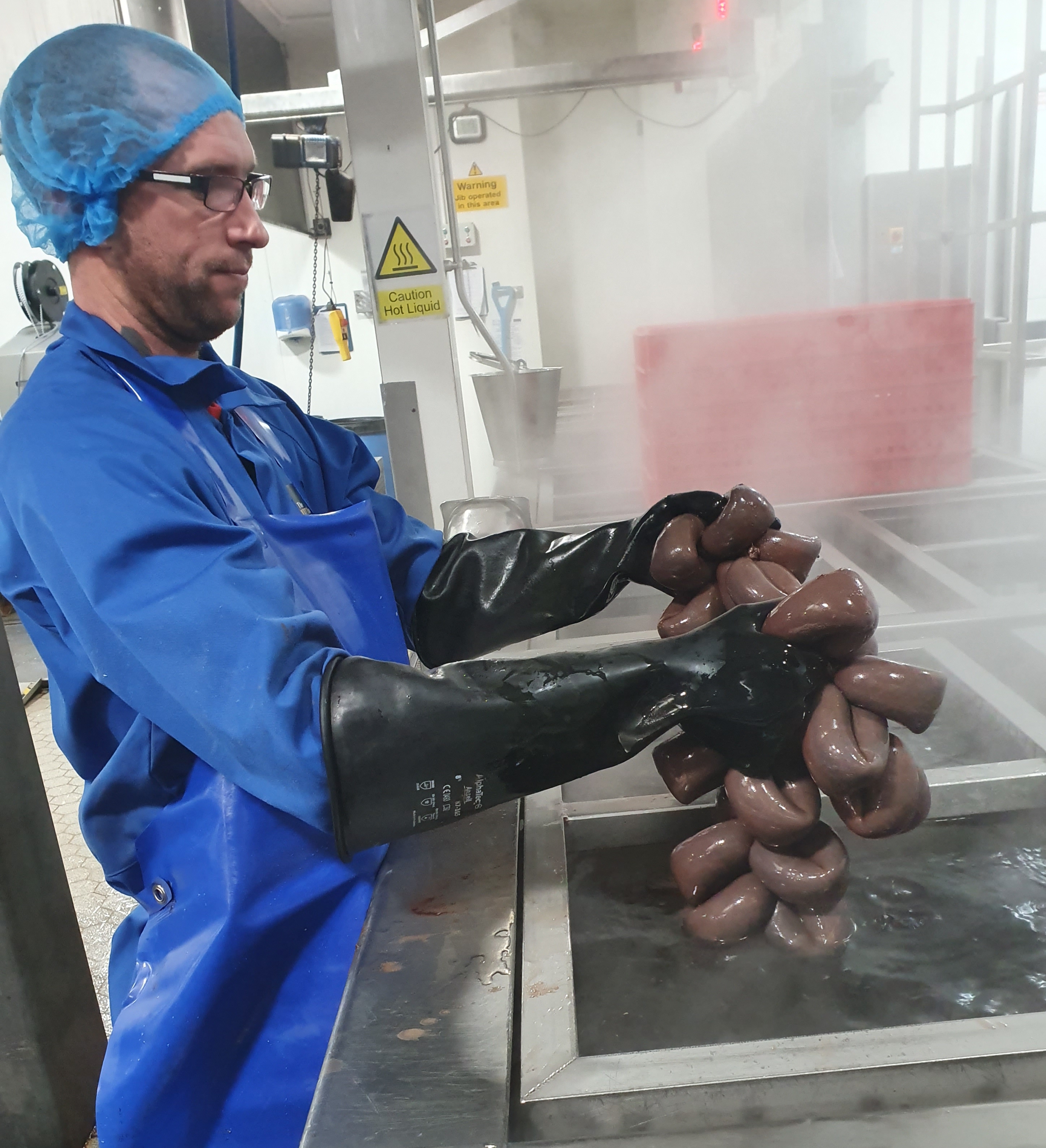Kendal Nutricare, based in Cumbria, a manufacturer of nutrition products including infant formulas and baby cereals, has been able to use the intern programme to prove the business case for employing a data analyst to harness the value of the data being produced in its factory, both in terms of the machinery, processes, and energy consumption.
Alex Taylor, a recent master’s graduate in Intelligence Systems, was able to apply his knowledge of Artificial Intelligence (AI) and machine learning to the role.
Grant Remington, Projects and Contracts Manager, said: "Over the years we have invested in leading edge machinery as part of our digitalisation journey. We knew there was a lot of valuable data coming out of our processes but didn't have the time or expertise to capture and analyse it.
"Made Smarter's digital technology intern programme offered us the opportunity to trial and test the benefits of introducing the new role of data analyst into the company. Alex has been a great asset to Kendal Nutricare, collating our onsite data, analysing and highlighting any data spikes we have accrued enabling the correct departments to rectify ongoing issue. His work has highlighted bottlenecks which are causing production downtime and resulted in immediate opportunities to reduce our energy bills. It has certainly proved a business case for a full-time analyst.”






